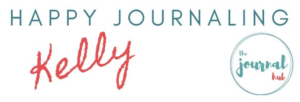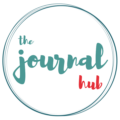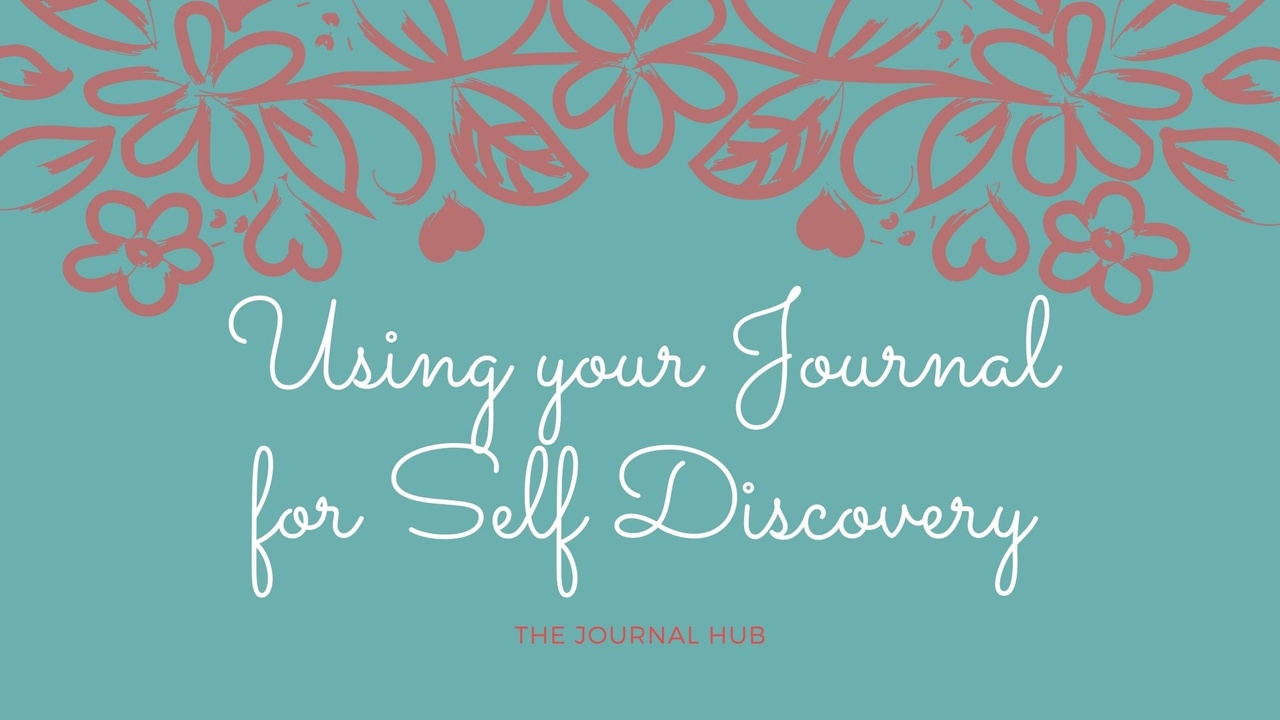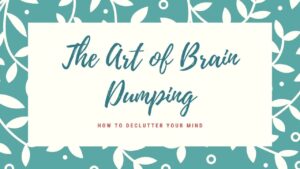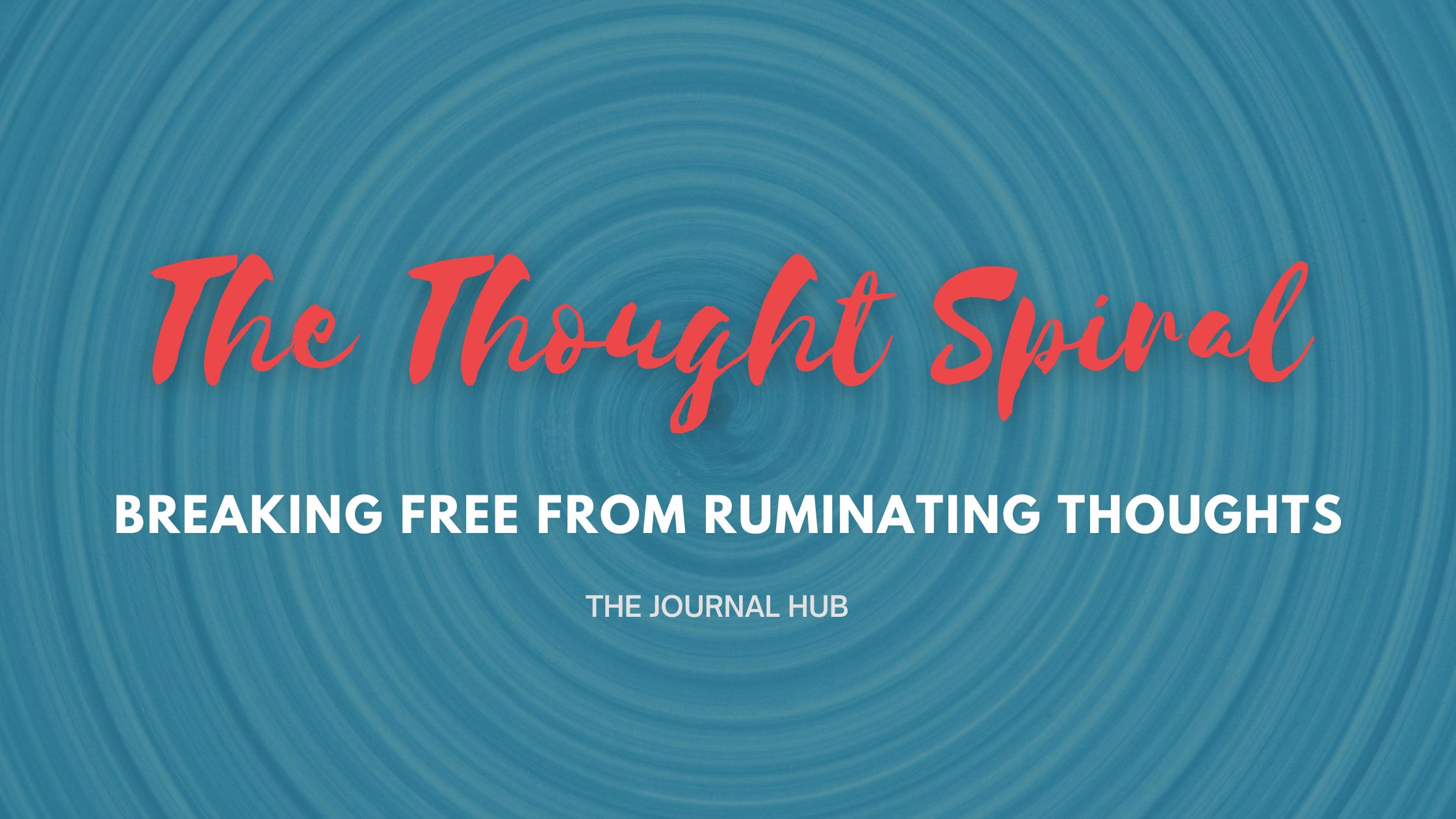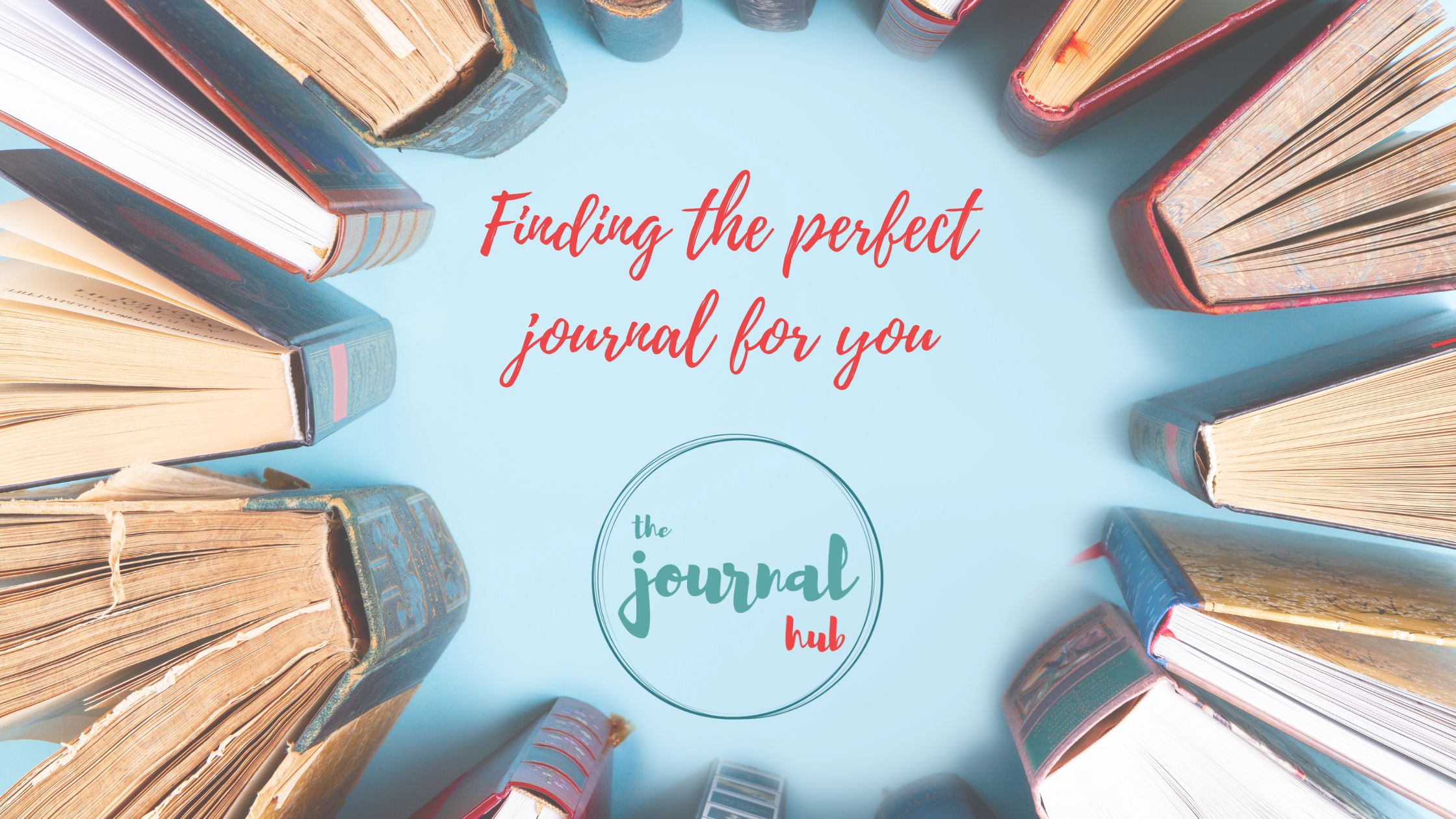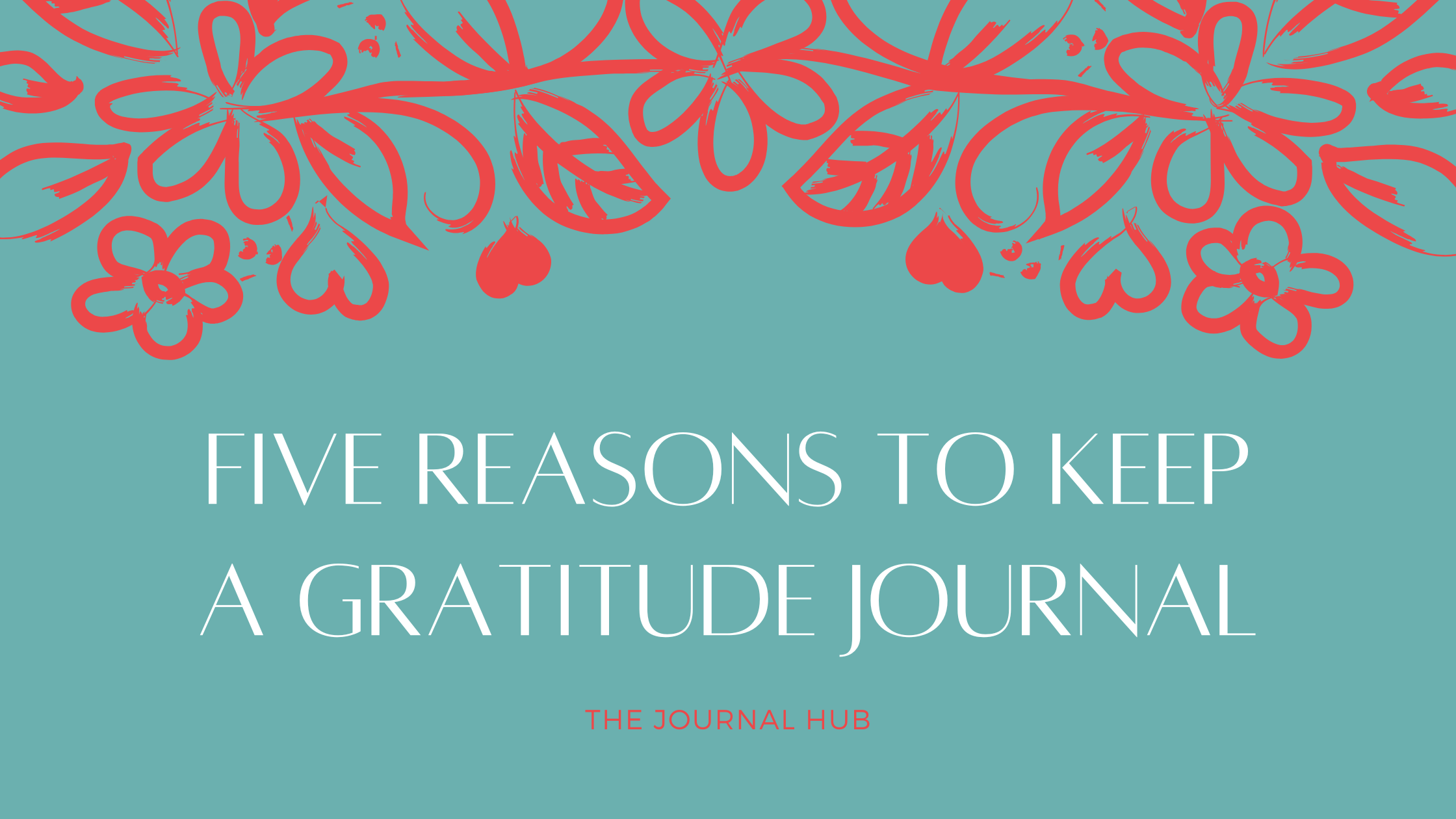Keeping a journal is a fantastic way to get to know yourself. It reveals your deepest thoughts and feelings, helping you to really connect with who you are. You’ll discover things about yourself you never knew before and in turn this can help you to discover what you really want in life.
However, starting a journal can be pretty daunting. It’s difficult to know where to start and how to use it for self-discovery purposes. If you are struggling, here you’ll learn more about how to use a journal to discover yourself.

Writing down your fears and doubts
There are numerous ways you can use a journal for self-discovery purposes. Using it to write down your fears and doubts in one of the best ways you can start.
The trouble with fears and doubts is, they can manifest into much bigger problems in your head. When you bottle things up they can start to feel a whole lot worse than they really are. So, writing them down not only gets them out of head, but it also gives you the opportunity to see what you can do to resolve them. Putting your thoughts on paper gives them less control over you.
You can look at your thoughts more clearly once they are written down. You can explore where these fears and doubts come from, and try to look at them without judgement.
Some questions to ask yourself:
- What am I worried about?
- What scares me right now?
- What do I wish was different?
- What is hurting?
- What am I struggling with?
- What is my problem?
Answer these questions freely. Write without judgement, don’t filter your thoughts. Just let your writing flow and don’t concern yourself with correct spelling or grammar.
Read back over your thoughts (if you can, my writing tends to turn into a scrawl once I get into free writing). Are you seeing a pattern? Is there something that constantly repeats itself? You’ll be surprised how much you can learn about yourself with this exercise, and how with the right thought work you can change your perspective on things and overcome your fears and doubts.
Write about your passions and things that bring you joy
It is important to write positively for self-discovery also. If you focus purely on the negative, it will not be helpful long-term. So, write about things you are passionate about and that you enjoy.
Identifying what you’re passionate about will help you discover what makes you tick. Once you know what makes you happy, give you a feeling of satisfaction or drives you to push forward you can resolve to do more of whatever that may be.
Self discovery is the best investment you can make.
MICHELE SCHOLZ EVERS
Some people really struggle with finding their passion or purpose, quite often with the busyness of today’s world we neglect the things we love or have been passionate about.
Some questions to help you discover or rediscover what you are passionate about are:
- If I walk into a bookstore, which section am I drawn to? It doesn’t necessarily have to be a bookstore, which websites are you constantly searching, which facebook feeds do you pause over, which TV shows draw your attention?
- What did I love to do as a child? Getting in touch with your inner child can be a joyful experience. Have you been pushing down some deep desire that you had as a child, maybe it is time to explore it again.
- What’s fun for me? What do you do that you simply enjoy? Do you want to keep that as a hobby or is it something you would like to do for a living but just don’t believe it is possible?
- Which qualities do you most value in yourself? Some people struggle with coming up with things they like about themselves or admitting that they are good at something. Sometimes you have skill or talent that just comes so naturally that you don’t recognise it as such. Think of past accomplishments and situation you handled well and were proud of. Write it all down.
- Ask people you like and trust what are the qualities they value most in you. Is there a common answer, could this be your super power or passion?
As a child, I used to write stories all the time, I loved writing and had notebooks full of short stories and poems. In my teenage years, I found a fondness of art (and weird clothes, much to my father’s horror). I would lock myself in my room for hours either writing or painting.
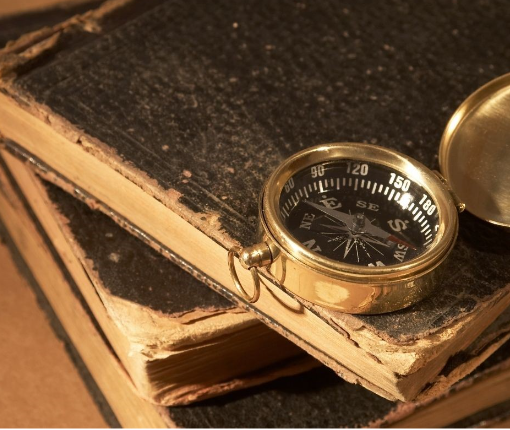
As I got older I was drawn to self-help books and any information about the mind and how it worked. I loved listening to people and trying to work out how they thought and how those thoughts affected their lives. Journaling allows me to bring those three passion together, I can write, be creative and understand how my mind works. My passion for helping others who struggle with their thoughts what has led me to this work on The Journal Hub.
Try writing in the third person
This may sound a little strange, but writing in the third person can actually help you come up with solutions to any existing problems you may have. It can distance you from the issue and enable you to look at it from a totally different perspective.
It can also help when you are trying to determine your purpose and passion or when you are having negative thoughts and can’t get out of your funk. I often use a tool where I write to myself as if I am my best friend or a child. You would not say the things you say to yourself to your best friend or child, so why say them to yourself.
So, next time you are struggling with a problem or you are trying to determine what you are good at, think about it in terms of your best friend struggling with the same issue. What would you say to him or her?
Often it’s possible to overcome situations or issues in life when you can see it from a different angle.
The delights of self discovery are always available
GAIL SHEEHY
Use some prompts to become more self aware
If you really want to get to know yourself, try answering these same questions over the next 30 days.
- What was the best thing that happened to me today?
- How did I make someone’s else’s day better?
- How could today have been better?
- What’s the one big thing I want to get done today?
- What’s the one thing I did today just for me?
- Who made me smile today?
At the end of the week ask yourself, what has been my biggest achievement this week?
This type of journaling helps you maintain focus and will allow you to look back later and know exactly what works and what doesn’t, and where you might want to focus your energy.
You don’t have to answer each and every question every day, and there may be others you’d like to add to your list. Have fun with it, your journal is supposed to be a source of inspiration and reflection.
Take note of recurring themes in your journal. This is a powerful way to discover your true passion. If the best thing that happens to you every day is that you serve a beautiful dinner to your family, then it’s clear that being a mum and a great cook is one of your passions.
On the other hand, if your day could have been better if you didn’t have to struggle with your accounting software, clearly bookkeeping is not something you want to pursue.
We have given you some questions and prompts you may want to use on your path to self-discovery, above. Below are a few more you may want to contemplate if you are still struggling with what you want or need in life to feel fulfilled.
- When have I felt genuine happiness, what was I doing, or what was happening in my life? What was I thinking?
- Under what conditions do I excel? When am I operating at my best, what am I doing?
- What do I feel is missing from my life?
- What is one thing I can do tomorrow (today, this week, this month…) that moves me a step closer to creating the life that I want?
- Fast forward to next year. What has changed about my life?
Learning about yourself is the key to living a fulfilled life. The more you use your journal and answer some of the above questions honestly and openly, the more you’ll discover about who you are.
If you missed our previous post on why journaling for self-discovery is important click here to read it.
